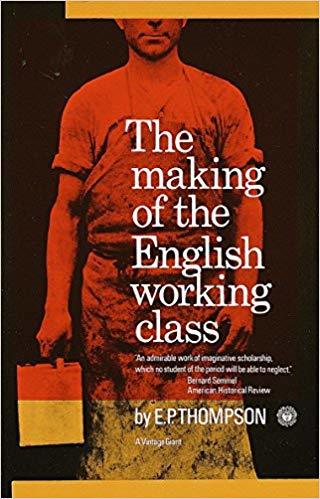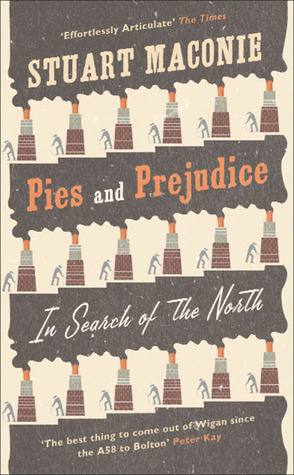
The English: A Portrait of a People
Book Description
What makes a nation? Is it the land, the history, or something deeper? In "The English: A Portrait of a People," Jeremy Paxman peels back the layers of English identity, capturing the quirks and contradictions that define a nation. Through incisive analysis and vivid storytelling, he delves into the fabric of English life—its traditions, quirks, and societal tensions. From cricket to class, and laughter to pride, Paxman lays bare the complexities that shape the English character. How do these threads weave together to create a tapestry that is both familiar and perplexing?
Quick Book Summary
"The English: A Portrait of a People" by Jeremy Paxman is a witty and insightful exploration of what it means to be English. Through a blend of history, cultural analysis, and personal anecdote, Paxman uncovers the defining traits, contradictions, and peculiarly English habits that shape the national character. He tackles the complexities of class, the significance of humor, the rituals of everyday life, and the enduring impact of historical events. Paxman’s keen observation reveals a nation both proud and self-effacing, deeply traditional yet quietly innovative. By delving into everything from English reticence to love of games and public institutions, he paints a multifaceted portrait, demonstrating how the English identity has been woven over centuries of paradox and change.
Summary of Key Ideas
Table of Contents
The Legacy of History and Class
Paxman begins by highlighting the enormous influence that historical events—such as empire, wars, and monarchy—have had on English identity. He demonstrates how history is ever-present in the English psyche, shaping attitudes toward authority, tradition, and national pride. Layered over this is the entrenched class system, a defining feature that permeates all aspects of life, determining not only opportunity but social interaction and even language. Through vibrant anecdotes, Paxman details how history and class combine to form the backbone of English society.
The Role of Humor and Irony
Humor and irony emerge as powerful tools for the English to navigate the complexities of their social world. Rather than overt displays of emotion or confrontation, the English rely on wit, understatement, and self-deprecation. This style is evident in everything from casual conversation to the nation’s literature and media. Paxman shows that humor is not simply entertainment but a cultural habit that creates unity and alleviates social awkwardness, giving the English a means to both connect and keep each other at arm’s length.
National Institutions and Rituals
Paxman examines the centrality of institutions such as the BBC, Parliament, and the monarchy, as well as ritualized customs like tea-drinking and cricket. These serve as anchors of national identity and continuity. According to Paxman, participation in these rituals and respect for institutions are not merely habits but vital expressions of “Englishness”—ways to instill order and shared meaning. This section delves into how such symbols and practices reinforce national cohesion in an increasingly individualistic age.
English Reserve and Contradictions
The English are often characterized by reserve, politeness, and a tendency toward contradiction. Paxman explores how these qualities manifest in everyday life, describing the famous English reluctance to express emotion and the balancing act between pride in achievement and a distaste for boasting. The book discusses paradoxes such as a love of order juxtaposed with a delight in eccentricity, or an obsession with fair play coupled with subtle rule-bending, illustrating the many dualities that define English character.
Identity in a Changing World
Finally, Paxman addresses the challenges and changes facing English identity in a modern, multicultural society. He analyzes shifts caused by immigration, globalization, and the erosion of traditional class distinctions, questioning whether the core of Englishness is immutable or in flux. While acknowledging anxieties and transformations, Paxman ultimately finds resilience in English culture—a capacity to adapt while retaining a distinctive, if elusive, character. The book closes with a thoughtful meditation on what may lie ahead for this storied, paradoxical nation.
Download This Summary
Get a free PDF of this summary instantly — no email required.





